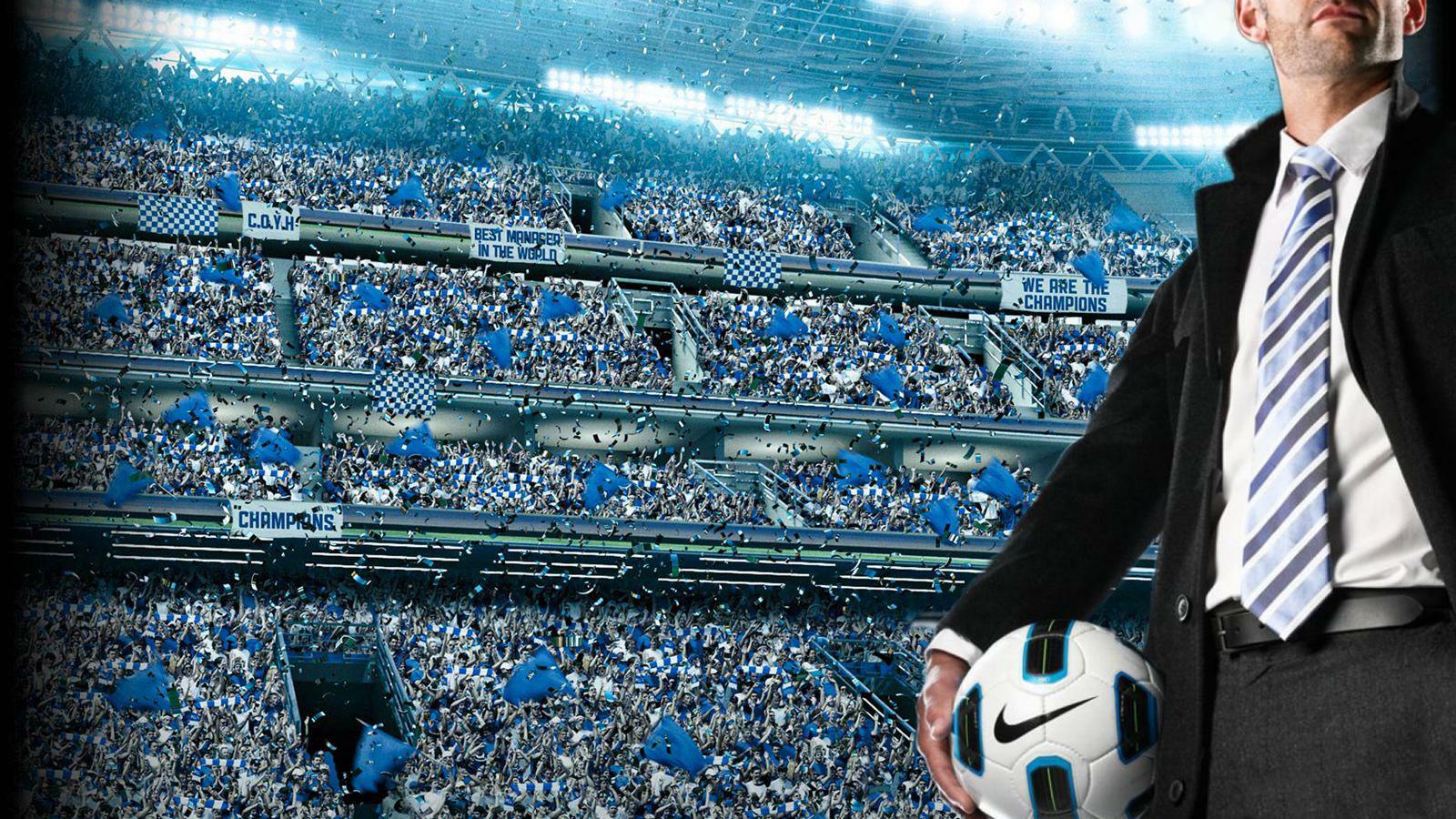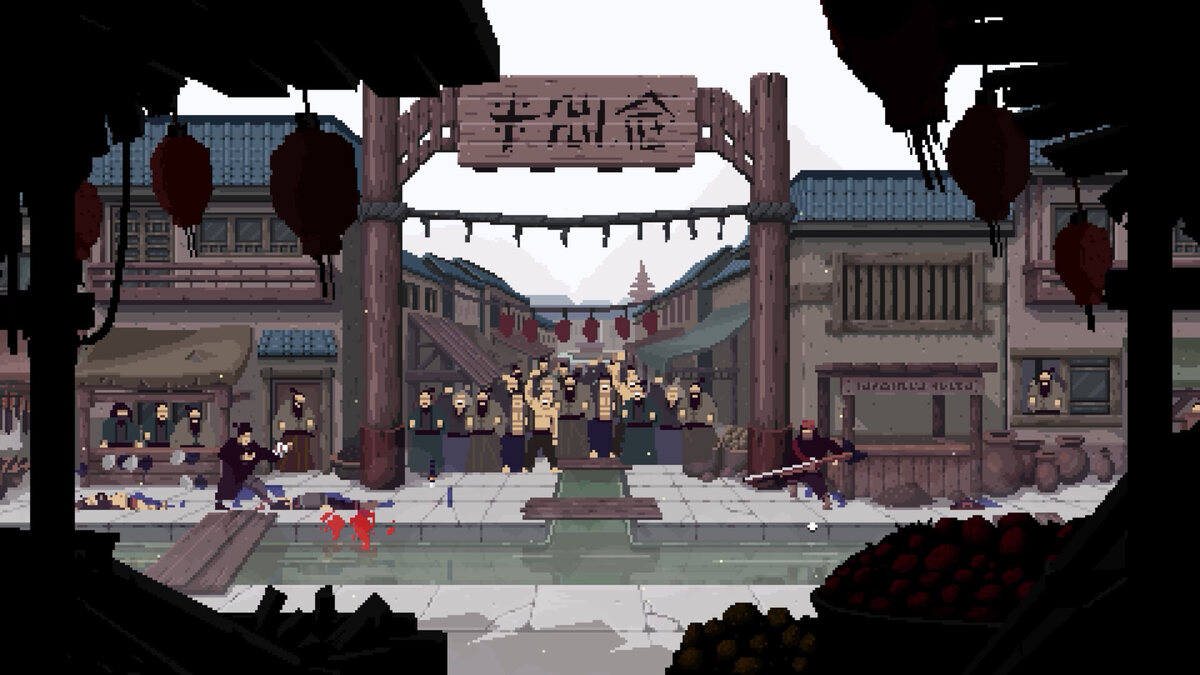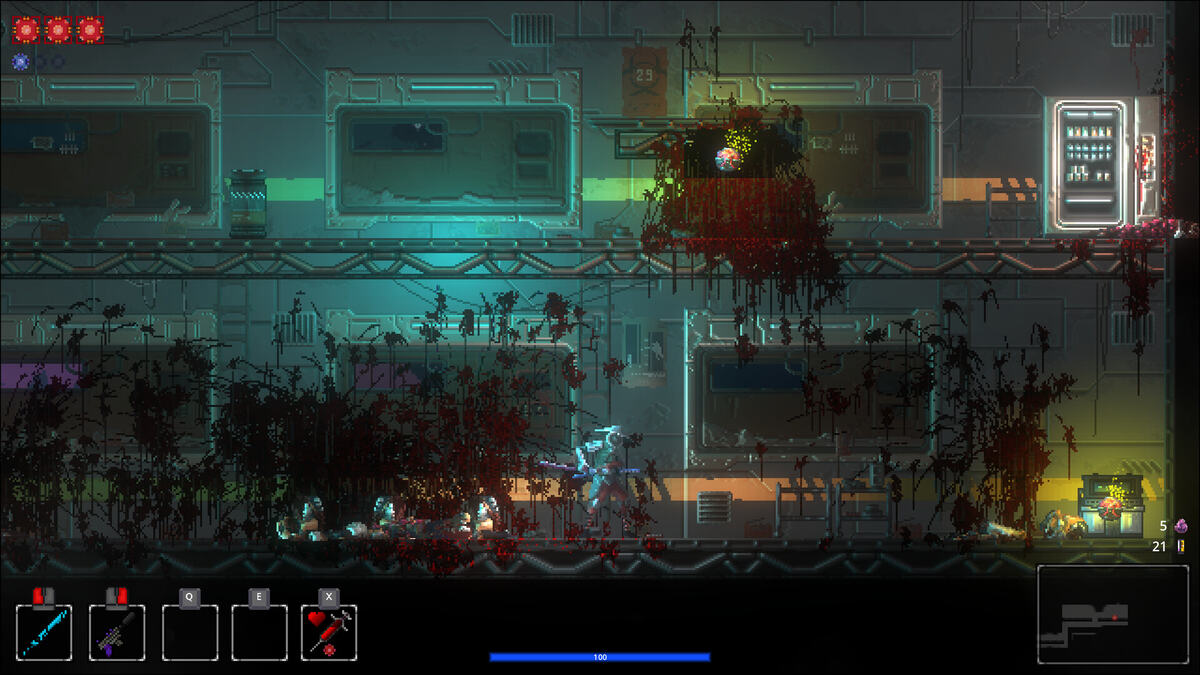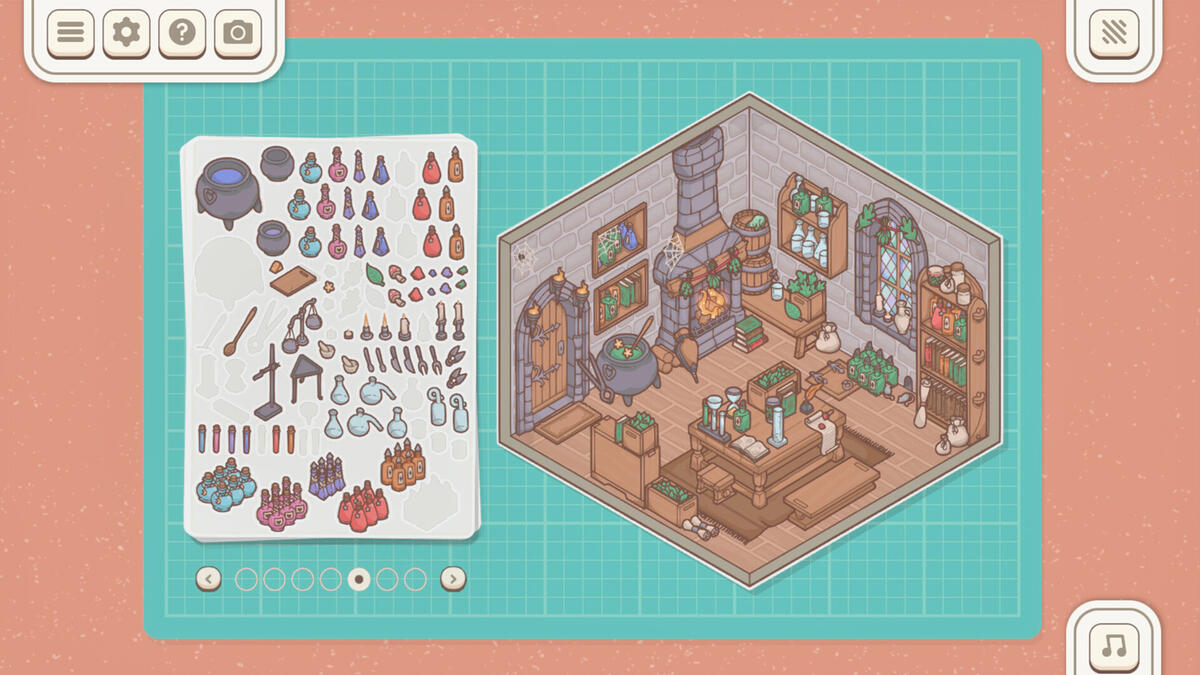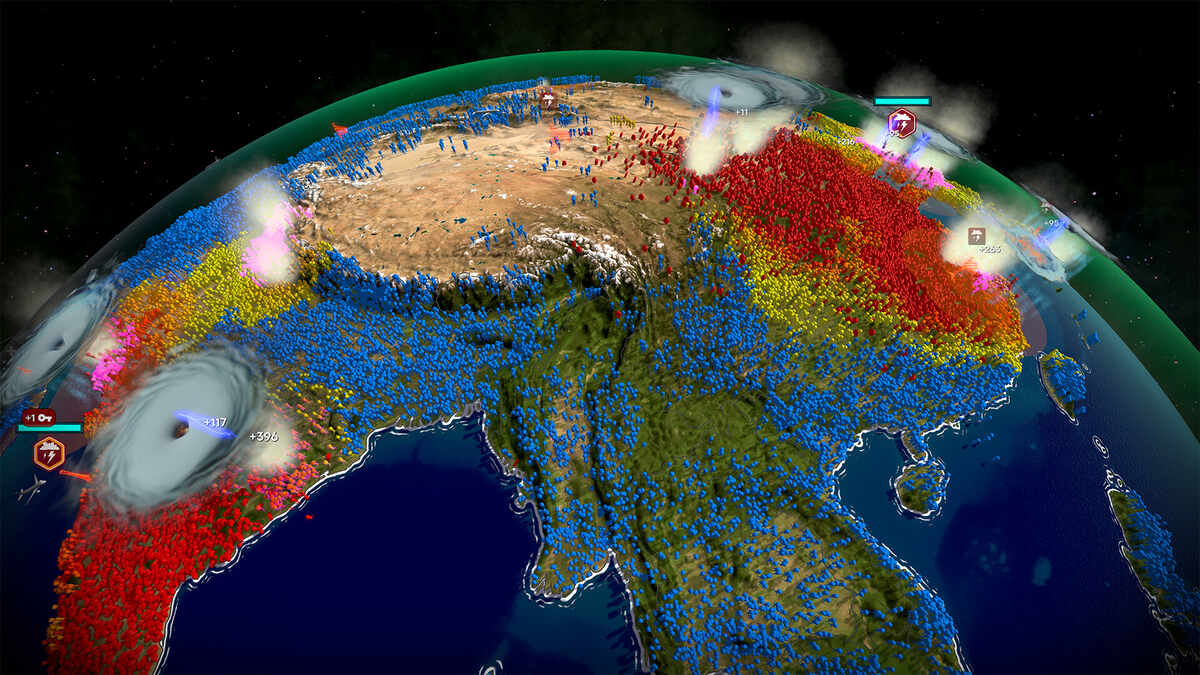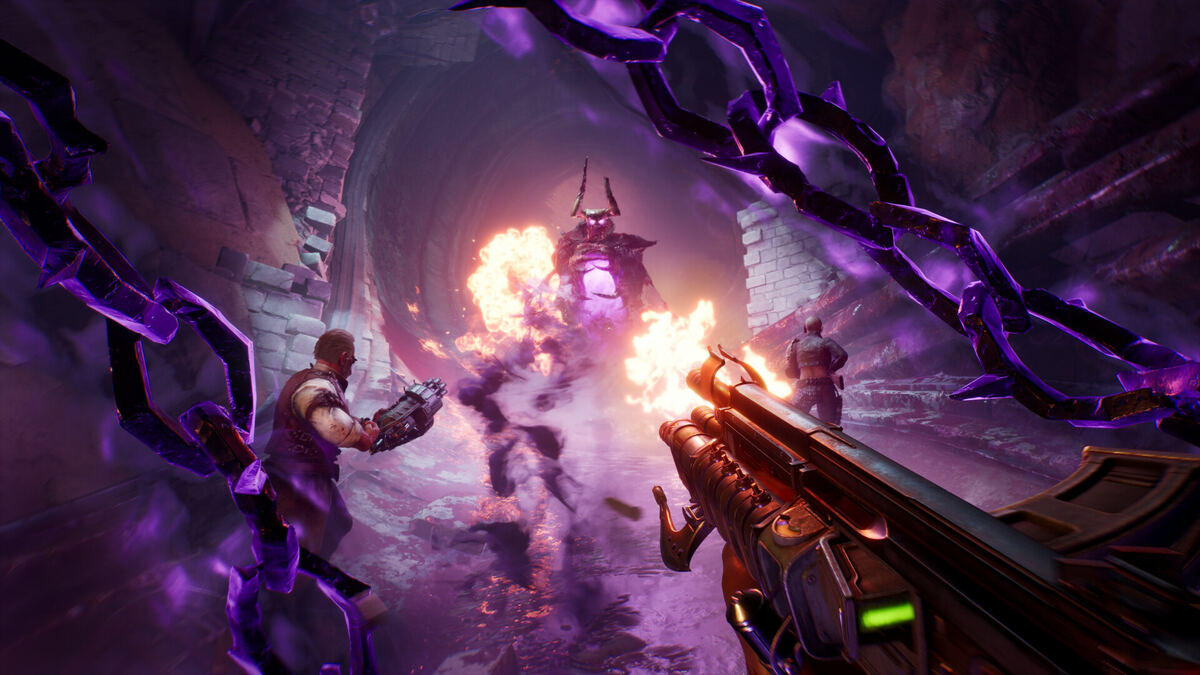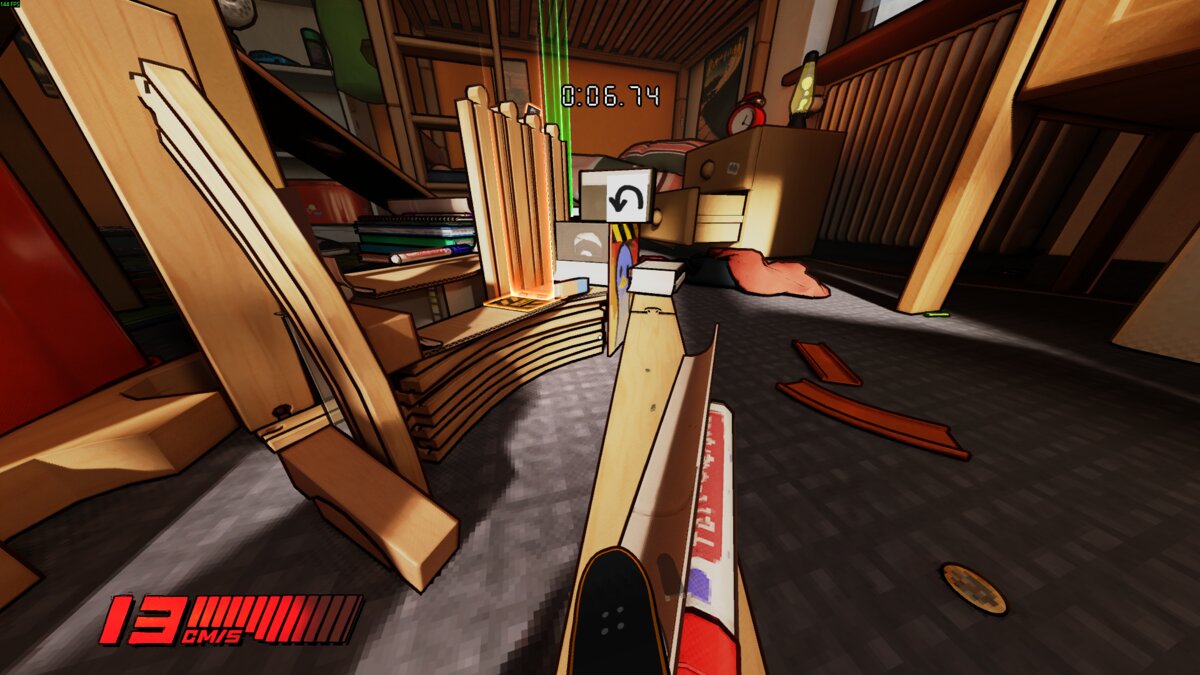You can trust VideoGamer. Our team of gaming experts spend hours testing and reviewing the latest games, to ensure you're reading the most comprehensive guide possible. Rest assured, all imagery and advice is unique and original. Check out how we test and review games here
Miles Jacobson is a good talker. He knows how to sell you his game and always comes across as a man who genuinely cares about the Football Manager series his Sports Interactive studio created. We caught up with him to talk about how development is going on this year’s game, the future of the series on consoles and if the online version of the game has a future.
Q: It must be hard to continually think up new ideas for such a long running franchise. Where do you guys source new ideas from?
Miles Jacobson: It’s actually the key point of what we’re doing here – we’ve changed the way we work as a studio. The ideas used to be just from us internally, we’d do whatever we wanted to do with the ideas that came through. We don’t have any designers at SI, so we all get involved in the design process. Last year, when we announced FM 10, we said there would be less new features this year as we were going to concentrate on polishing the game. We’ve grown a lot as a studio, there are nearly 70 of us now, we’ve been used to much smaller teams than that – so we’ve had to get more organised. I went through our entire Test Track bugs database (DB), and found that we had about 800-900 feature ideas in that DB. So we move those across to a separate database. We then put all of our own ideas into that separate database. We collated all the ideas that came through from different people at SEGA – those internally who worked on the database. We started talking to people who play the game, like mates of mine – what they wanted to see in the game. Those all went into the features database. Then we sat down at the beginning of the year and spent three weeks, all whole days, just going through every single idea that was in the DB. As a team, everybody in the studio was invited to those meetings.
Q: QA as well?
MJ: QA, Office Manager, me, producers, devs – everybody was invited. You’d go to whatever meeting you wanted to, and everybody had a vote on every feature. So we went through every single feature and had votes out of five – for everyone – and lead to a percentage score which became a priority for being in the game. I then sat down after that meeting and went through absolutely everything, and effectively came up with feature sets for the next three years. Then on top of that, we’ve had other ideas come in during the year, which we’ll then sit down and go through. I’ll then move things around from different games to different games. We’re now trying to concentrate on – if we’re doing features then they’re new – there’ll be some of those each year, but a lot of things we’ll be doing is revamping areas.
So, you know, a lot of the announcements we’ve made are that we’ve revamped this, we’ve changed that – because times change, and technology changes, and our skills change, so we’re able to improve a lot of things. We’ll be looking at each area and working out where the priorities are that need to be changed, and then take sections, so, as an example, press conferences. Press conferences are alright, but they get a bit boring for people. Now, in the real world, I can guarantee that today, I will be asked one question by every single journalist. It happens. And I try and be enthusiastic every time I’m asked it, but it gets a bit dull – we’ve had to get variation in there, we’ve had to make sure the answers are relevant to the situation, because that’s the feedback we’ve been getting – “this question doesn’t actually relate to the situation I’m in”. So we’ve spent a lot of time revamping as well as adding new stuff, but certainly for the next three, four, five years, we know we’ve got enough stuff. And there’s more new features this year than ever before, and we’re going to be trying to keep this weight of new stuff up as well.
Q: OK, so of the new stuff that’s in there this year – what features are you, personally, most proud of?
MJ: My favourite thing I’m not allowed to announce yet because legal haven’t signed it off! [laughs] That’ll be in the next few weeks. But other than that, the feature set this year – there’ll be different things for different people depending on how they play the game. When I play the game I’m a wheeler dealer. I’m a Harry Redknapp type. I buy and sell players, so the agent side of things which I was heavily involved with, talking to agents, getting a lot of new contract clauses off them – that’s the area that I love. The player interaction, as well, is much better this year, it’s still not perfect, but it’s much better. So when a player is unhappy, you can actually get to the bottom of the reason why, and try to make him happy again. So from a personal point of view, that’s my big thing.
There are other people in the studio who just love the match engine. If you were to look at the 3D view from FM2009 next to FM2011 – there’s such massive changes. The kind of improvements you’d expect an action game to take five years with, we’ve done in two. So we’ll be continuing on that path as well, to really improve that area.
Dynamic league reputation – I play career games. Now, historically I’ll play as Watford, because that’s the team I support and I love. And I know that the English leagues are pretty strong. So if a team does do well, I’m going to be able to attract better players. But with dynamic league reputation, those people who start off with Northern Ireland, or Denmark or Sweden – as their team start getting better, as they improve, the league will start getting better. You’ll be able to attract better players to it. It’s something that we’ve seen happening a lot over the last couple of years, in particular Turkish football, German football and French football as well. It’s not just about signing new players, it’s about the players you’re able to hold onto as well. There ‘s kind of something for everyone this year, that’s kind of the plan. For me, the contract negotiation stuff is awesome.
Q: We spoke to the guys at Beautiful Game Studios the other week, and they’re talking about starting again from scratch with Champ Manager. Obviously you said you’ve got enough features to last a good few years yet, but is this something you’d ever consider for FM?
MJ: No. I don’t think we need to. There are things that we want to do that aren’t possible with the main Football Manager game. You can see some of those things with a much lighter version on the PSP and on the iPhone now. The online stuff too – there were two different ideas for an MMO, one of them became Football Manager Live, the other one is going to be Football Manager Online, which we’re working on in conjunction with a South Korean company. Rather than them making the game with us entirely – we’re still funding it – but some of the software engineers from South Korea are actually moving over to the UK to make sure everything is alright for their market. So we’ve been more likely to increase the amount of different lines in the product. Much in the same way Mars has with Planets, why shouldn’t we have Football Manager handheld and the other ideas? Certainly with the core game, we’re not in the position to scrap it and start again. We try and raise the bar each year in the genre and I hope that we succeed with that.
Q: I just wanted to gauge your reactions on the PC scene at the moment, obviously boxed games are gradually going to go out the window at some point…
MJ: I’m sorry, no they’re not. I disagree with the whole PC market is dead thing. The PC market is changing. Civ V is soon to be released – it’s going to be huge. StarCraft 2 – huge. World of Warcraft – huge. Sims – huge. Yes there might be console versions of some of those games that will do well, but the market is still definitely there. People have PCs, they have other platforms as well, but if you look at different countries like Germany, the way that the market’s changed in Germany, and South Korea – South Korea and Germany are actually quite similar – the free to play MMO model has completely transformed PC gaming. Now you can still sell those things in a box. The delivery platform just doesn’t matter on the PC – whether it’s in a box or whether it’s being sold digitally or whether it’s subscription based – if there are people out there that want to play the game, they’re going to play the game.
But, one of the reasons why people seem to say the PC market is dying – and I have this argument a lot with the developers of these kind of games – the FPS genre has moved away from PC. And that used to be a stalwart on PC. They’ve moved to consoles because they’ve found a control system that works, and because there’s less piracy. And it’s more fixed platform. With enough of those kind of games, they get to a stage where they’re all trying to out-do each other on graphics, specs and graphics cards, so people are having to go out and buy a new graphics card for £350. Hopefully people will notice with our titles that even though the graphics have got a lot better, we still keep the minimum spec really low for our titles. And I’m talking five, six, seven year old machines to be able to play the game. If you want the full experience then, yeah sure, have the shiny stuff, have the stuff that will only work on the three-year-old graphics cards. But the core game where we concentrate on is making it as playable as possible for the most amount of people. But the PC market is not dead. Total War proves that, StarCraft proves that, we prove that. And if people want to ignore that market for whatever reason, that’s up to them. But the naysayers are wrong.
Q: There are obviously barriers in bringing the FM series to console. With new technologies such as Move and Kinect, do you see those barriers being brought down in the near future?
MJ: We’re sitting and watching all that stuff from the sidelines with huge interest. You know, if Move or Kinect end up with a huge penetration rate, then it makes our job – if we wanted to do a console version – a hell of a lot easier. But, the reality is that those are peripherals; they’re not going to have the same penetration as the consoles. We tried to go down the console route, we couldn’t get the control method right, we couldn’t get the GUI right, there’s very few people from the PC scene that’s managed to do that. The whole FPS genre managed to do it – lucky bastards! Civilisation Revolutions was a good example of how it should be done, it’ll be interesting to see what The Sims do as well, and it’ll be interesting to see if anything happens with the Command and Conquer franchise moving forward, because they were nearly there on the control method.
We want to be able to entertain as many people as possible; we want to be on every platform, if possible. But we’ll only do it if we believe we’ll be delivering an 85% + rated experience. And that last Xbox 360 game wasn’t that, which is why we stopped doing it. It was making money, but SEGA still supported our decision to stop doing it, because it was taking valuable resources from other projects. We were big enough to hold up our hands and say ‘look, we don’t know how to do this, so we’re just going to stop’. You’ve got to know your limitations as a developer.
Q: And how successful has the iPhone version been for you? What have you learnt from the development of that?
MJ: What we’ve learnt is that there’s really a market there for management games on the iPhone! We did our lifetime expected numbers in a couple of months on it. It was done as an experiment; it was an R&D project that – when we got to a good stage of R&D on it – we turned around and got SEGA involved and said ‘look, we’re doing this!’. A very small team at SEGA worked on it – a very close knit team that was making good decisions. It was done as a very low key thing. Even the way we announced it. Announcing it at midday and then launching it at midnight. It was very much a see how it goes thing, and we’re now very proud that it’s part of the Football Manager full stop franchise and family, and it will be continuing.
Q: It will be continuing?
MJ: Definitely.
Q: With the 2011 license?
MJ: There will be a 2011 version, but I don’t know when yet. Whilst we’ve said that FM on PC, MAC and PSP is going to be before Christmas, we don’t know whether the iPhone game will be or not yet. I actually need to sit down with Ben – who’s sat across from me on the sofa – and show it to him. Nobody at SEGA knows any of the new features we’ve got in there yet, we’ve kept it very close to our chests, so I’ll be doing that in a couple of weeks. And then between us, as we did last time, we’ll make a call on the release date then. It’s very exciting that we’ve got another platform there that we’ve done well on.
Q: Switching the conversation for a second to FM Live, you restarted in March, and you changed the subscription model somewhat…
MJ: It’s cheaper. It’s more simple. We’re now publishing it at SI as well, although the same guys working on FM at SEGA are still there to give us help and advice.
Q: So what has player response been like to the changes? Has it grown the market in any noticeable way?
MJ: It’s been pretty strong. We haven’t grown as quickly we wanted to, but we’re also well aware that we’re ahead of our time on it. We’ve made an online football management game in a market where, maybe, they’re not ready for it yet. The football management genre is a very different market segment to most games. I see us as much as a football industry product, as a game. And yeah, I think the reality is we’ve been early on it. We’re going to carry on doing it for as long as we can to see how that market changes, but if it gets to a point where it’s no fun anymore, for us and for the users, then we’ll stop. For the moment we’ve got a sustainable business model even though the subscriber numbers were about 12,000, 13,000, and we’re able to keep the game alive with that.
Q: You mentioned earlier about freemium subscription models. Is this something that could ever be adopted for FM Live?
MJ: It’s something we’re definitely thinking about for the Korean game that we’re working on, Football Manager online, because that’s what that market is. The beauty of that deal is that not only do we get the experience of the engineers who are going to be coming over who know how the networks and career work – particularly as they work for a telecoms company, which helps – but we’re also going to get the benefit of the commercial expertise of people who’ve been working in the freemium model for years, and what works and what doesn’t. And that’s pretty invaluable. For a western developer to be able to sit there with all of this knowledge as part of a team is pretty special. We’re very lucky. There are some people in the UK who are doing a good job of it already. Jagex, obviously are doing a good job of freemium. And do you know Mind Candy?
Q: I’m not sure if I do actually.
MJ: Mind Candy do a game called Moshi Monsters, which is kind of like a cross between Tamagotchi, educational software and a bit of rhythm action thrown in for good measure. And it’s aimed at, I believe the target audience is 7-12, and the characters are really cute – they’re growing at a phenomenal rate. Michael Smith, who’s the guy who leads Mind Candy, was also the same guy who was behind Perplexity, the ARG that was really popular a few years ago. He’s also the co-founder of Firebox. He knows his stuff. They’ve kept themselves beneath the radar of the games press, but the rate of growth that they’re getting is absolutely incredible. They’ve got tens of millions of players registered. It’s fascinating for me to see that kind of thing happening, as a business person and as a developer.
It’s fascinating to see these other models. We’re in a fortunate position where we have a stalwart product, a stalwart game with Football Manager, that gets better each year, that is still a key focal point for us as a business. It makes enough of a profit for us to look at other areas and experiment, but it also means we’re not forced to do anything at the wrong time. So we were able to wait on the iPhone game and release when we were happy with it. We were able to do the deal in Korea with Football Manager Online and see how it works. If it works well, then maybe we’ll bring it back to Europe in the future. We’re not ruling anything out.
Q: Well that’s actually all I’ve got, so thanks a lot – when are you guys hoping to launch?
MJ: Before Christmas. It’s going to be sometime between the end of October and the end of November. We haven’t set a release date yet. I know what date we have to announce the release date, whatever that is, but by the end of this month we’ll have the release date. One of those fortunate things we have working for SEGA is that there’s a lot of trust between us. We set the release date rather than SEGA. SEGA will give me their ideal release date and the reasons why we should be out on that date, and I will schedule towards those dates. But at the moment there are a couple of issues that we want sorted with the game before we go to preview code and before I’m prepared to go ‘yes we will deliver on this date’ because it’s more important to us that the users actually get a great experience day one, than we rush the game and something comes out being rubbish. We’ve learnt harsh lessons of that over years – we’ve learnt not to do that. In the same way as any review code that goes out is finished code, it’s exactly what the consumer will be able to buy day one is what we will allow to be reviewed. When it comes to release dates, we take the same attitude that we have to be happy with game. So yeah, you’ll know by the end of the month.
Football Manager 2011 is due for release on PC before the end of November 2011.

/https://oimg.videogamer.com/images/1a11/fm_2011_14.jpg)
/https://oimg.videogamer.com/images/85bc/fm_2011_19.jpg)
/https://oimg.videogamer.com/images/2ef2/fm_2011_8.jpg)
/https://oimg.videogamer.com/images/12c5/fm_2011_9.jpg)
/https://oimg.videogamer.com/images/8c83/fm_2011_7.jpg)
